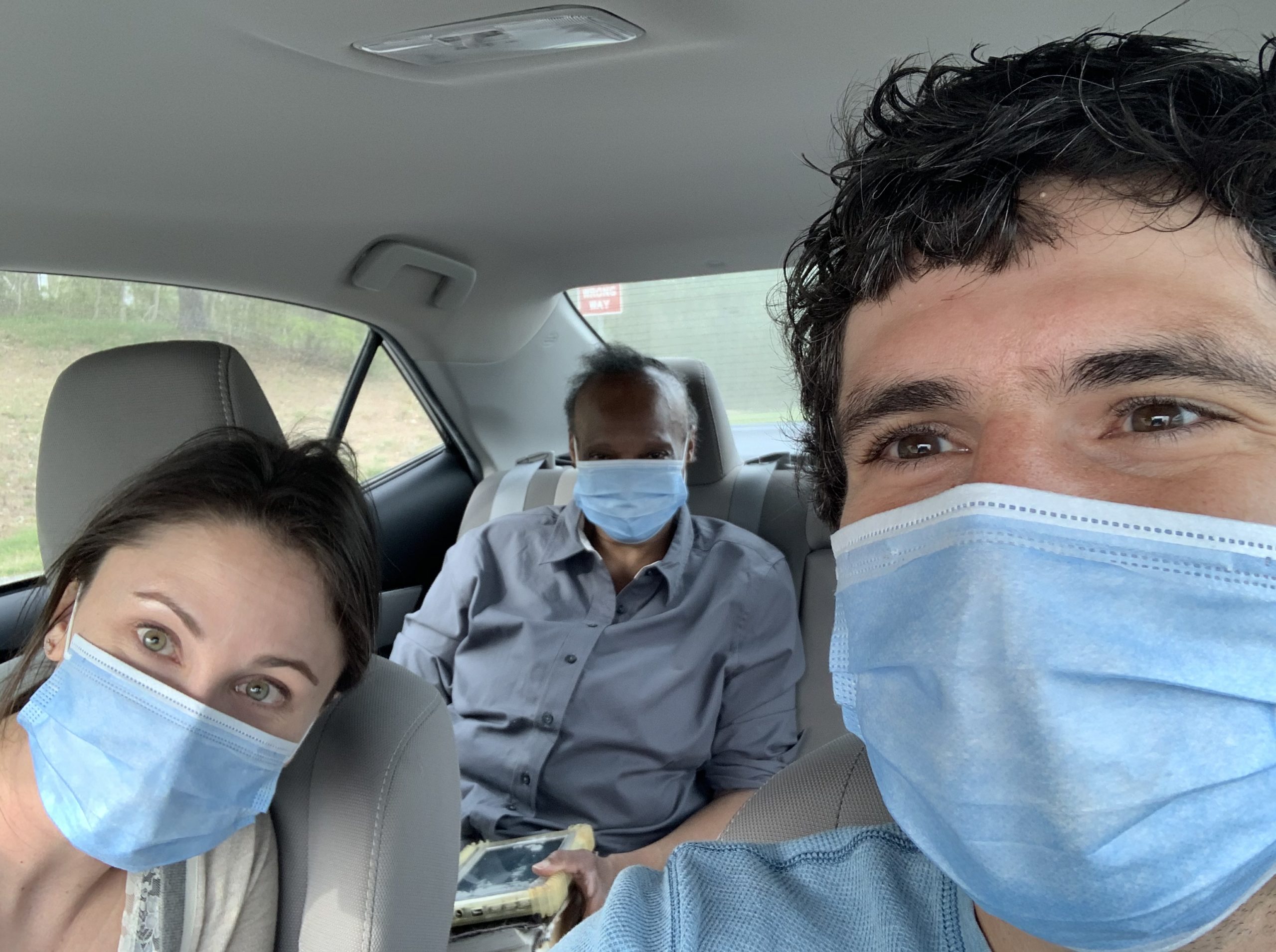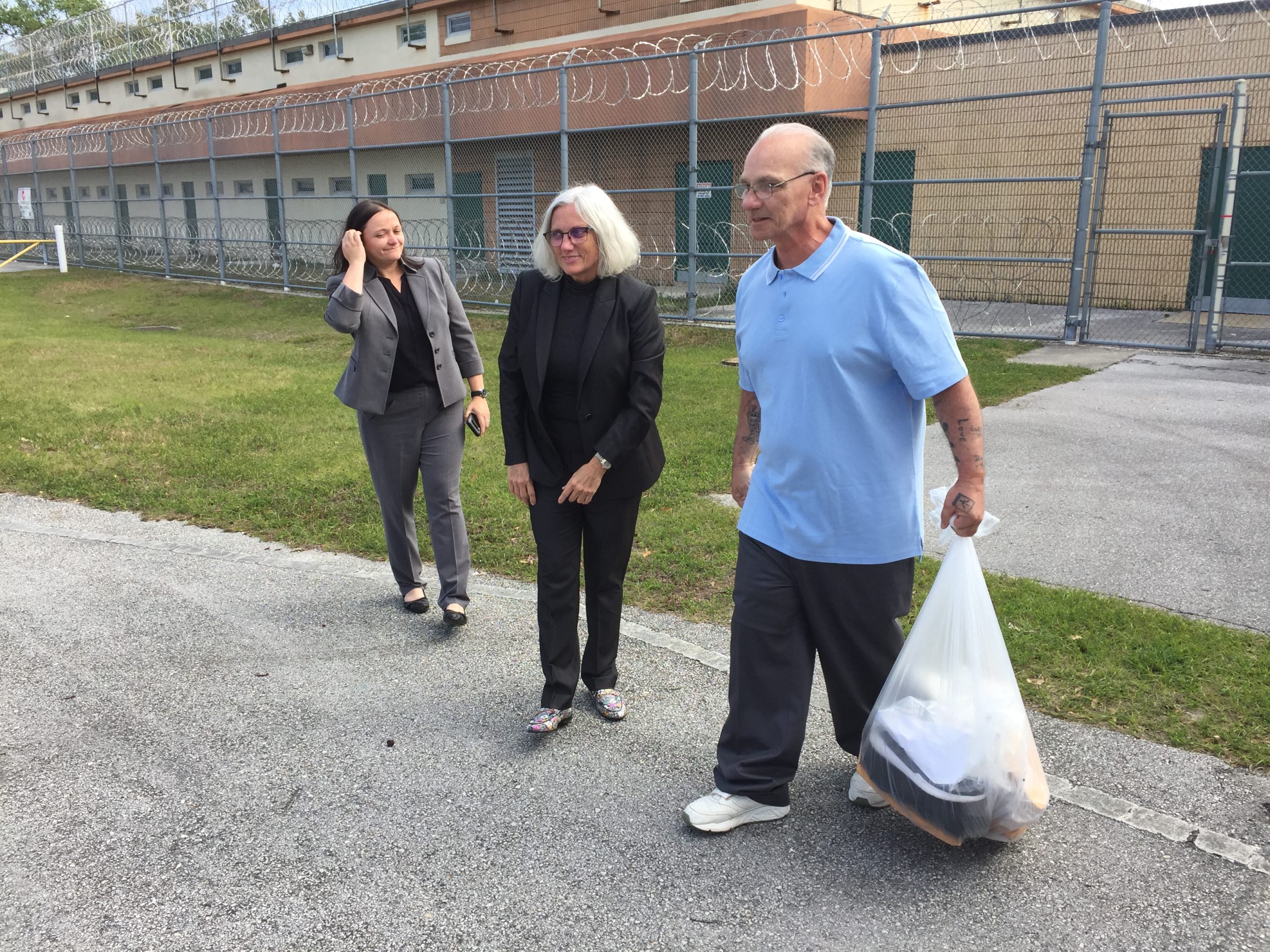Sheila Denton is Freed After 15 Years of Wrongful Imprisonment
Georgia consented to an emergency motion to release Denton after choosing not to appeal her conviction reversal.
04.09.20 By Innocence Staff
(April 9, 2020 – Waycross, Georgia) On Wednesday, Sheila Denton, a client of the Southern Center for Human Rights (SCHR), was released from a Georgia prison after 15 years of wrongful imprisonment based on bite mark evidence. Two months ago, Denton’s 2006 murder conviction was reversed with assistance from the Innocence Project with prosecutors choosing not to appeal an emergency motion to release her in light of the court’s decision and the COVID-19 pandemic.
“I am overjoyed that Ms. Denton, a mother and grandmother, is free at last, and has been removed from the horrifying prospect of surviving the COVID-19 outbreak from inside prison walls,” said Chris Fabricant, director of strategic litigation at the Innocence Project. “I also applaud the court’s thoughtful opinion, acknowledging that bite mark evidence has no place in our criminal justice system and reversing Ms. Denton’s wrongful conviction, which was based nearly entirely on pseudoscience.”
“I am overjoyed that Ms. Denton, a mother and grandmother, is free at last.”
In 2017, the SCHR filed a motion for a new trial based on the discrediting of bite mark analysis as a forensic technique. With the assistance of the Innocence Project, Denton obtained affidavits from five forensic dentists, all of whom stated that bite mark evidence is fundamentally unreliable and should not have been used to convict her. Moreover, the experts opined, based on today’s scientific standards and understanding of the limitations of bite mark evidence, that none of the injuries claimed were even bite marks in the first place, despite testimony to the contrary.
On May 29, 2018, an evidentiary hearing was held on the validity of the bite mark evidence generally, and the specific evidence presented at Denton’s trial. Following the evidentiary hearing, the Court concluded that the “bite mark evidence presented in Denton’s trial was not competent evidence.”


Please provide masks and gloves for her. It would be tragic to get out to just get this virus